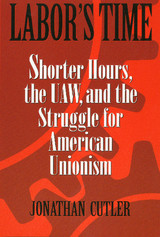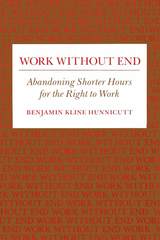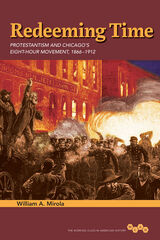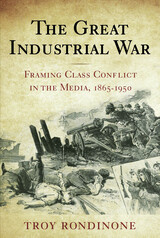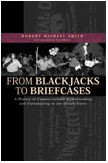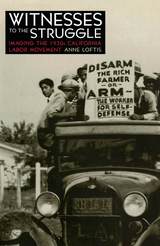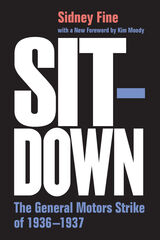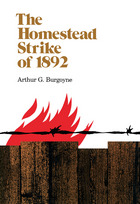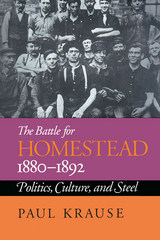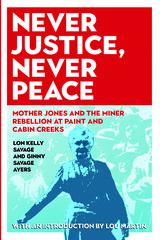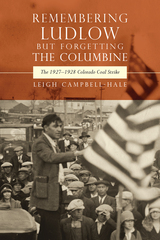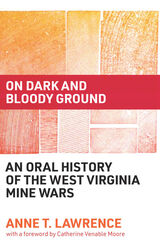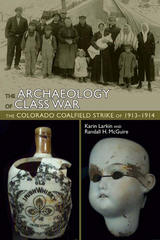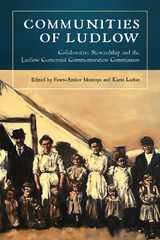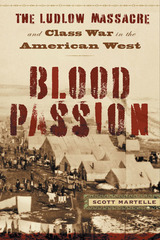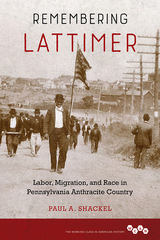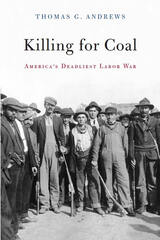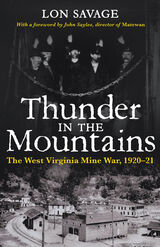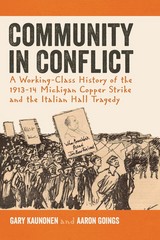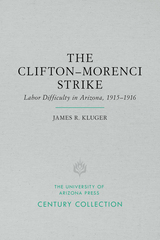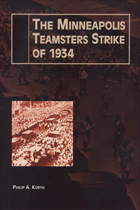Labor in Crisis: THE STEEL STRIKE OF 1919
University of Illinois Press, 1965
Paper: 978-0-252-01373-7
Library of Congress Classification HD5325.I5 1919.B7 1987
Dewey Decimal Classification 331.892869142097
Paper: 978-0-252-01373-7
Library of Congress Classification HD5325.I5 1919.B7 1987
Dewey Decimal Classification 331.892869142097
ABOUT THIS BOOK | AUTHOR BIOGRAPHY
ABOUT THIS BOOK
Conceived as a prologue to the 1930s industrial-union triumph in steel, Labor in Crisis explains the failure of unionization before the New Deal era and the reasons for mass-production unionism's eventual success.
Widely regarded as a failure, the great 1919 steel strike had both immediate and far-reaching consequences that are important to the history of American labor. It helped end the twelve-hour day, dramatized the issues of the rights to organize and to engage in collective bargaining, and forwarded progress toward the passage of the Wagner Act, which, in turn, helped trigger John L. Lewis's decision to launch the CIO.
Widely regarded as a failure, the great 1919 steel strike had both immediate and far-reaching consequences that are important to the history of American labor. It helped end the twelve-hour day, dramatized the issues of the rights to organize and to engage in collective bargaining, and forwarded progress toward the passage of the Wagner Act, which, in turn, helped trigger John L. Lewis's decision to launch the CIO.
See other books on: 1919 | Brody, David | Crisis | Iron and steel workers | Labor unions
See other titles from University of Illinois Press

